
Ending the time of waste
We are the last generation that can prevent irreparable damage to our planet, let's clean up, catch up and smarten up.
1 November 2019

Big data for understanding mass migration trends
Recent mobile phone-based technologies can provide new insights into the effects of large-scale migrations as they happen.
2 October 2019
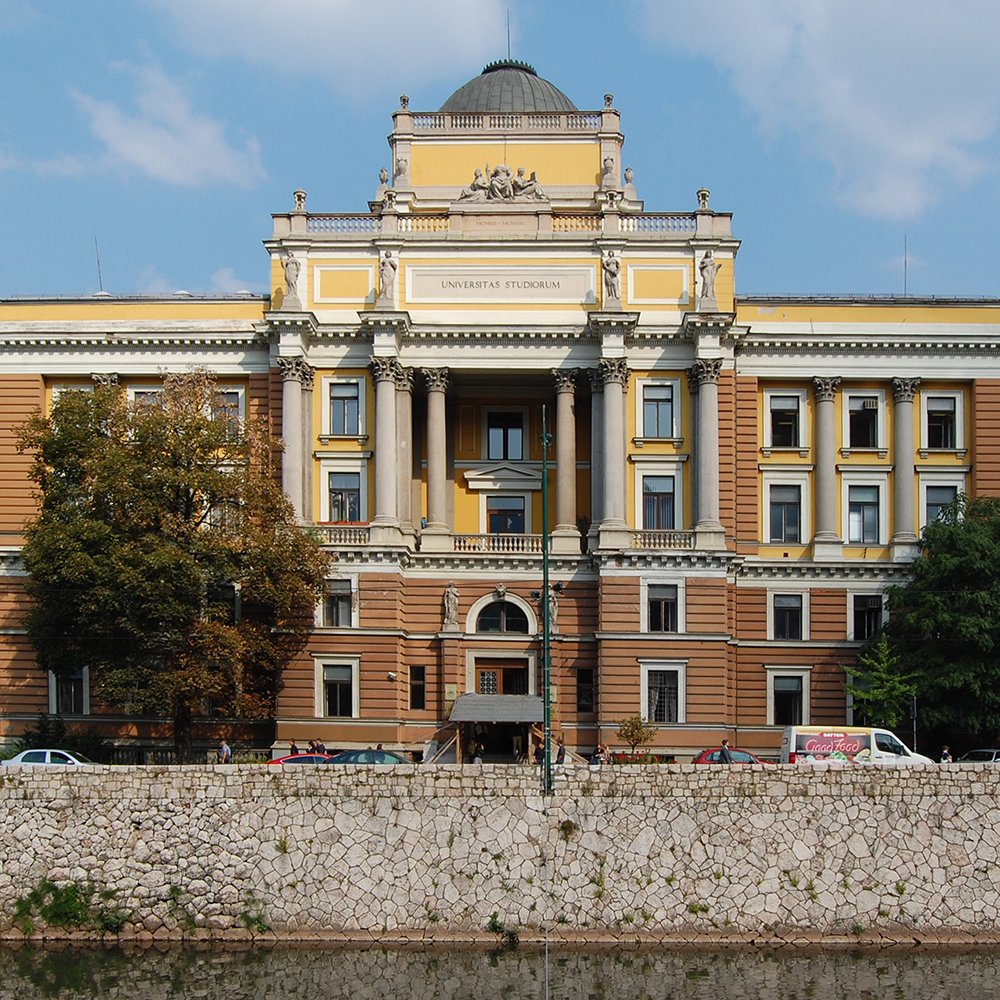
Research
Removing barriers for displaced academics
Researchers displaced due to conflict face a range of barriers when attempting to continue their professional pursuits in the country they have migrated to, removing these barriers is crucial for alleviating suffering and unleashing the potential of academics and students with unique backgrounds and perspectives.
12 September 2019

Opinion
Should we use science fiction to plan a path towards our low-carbon future?
How we can create a more ambitious, more radical (and maybe even more optimistic) view of the low-carbon future.
6 May 2019
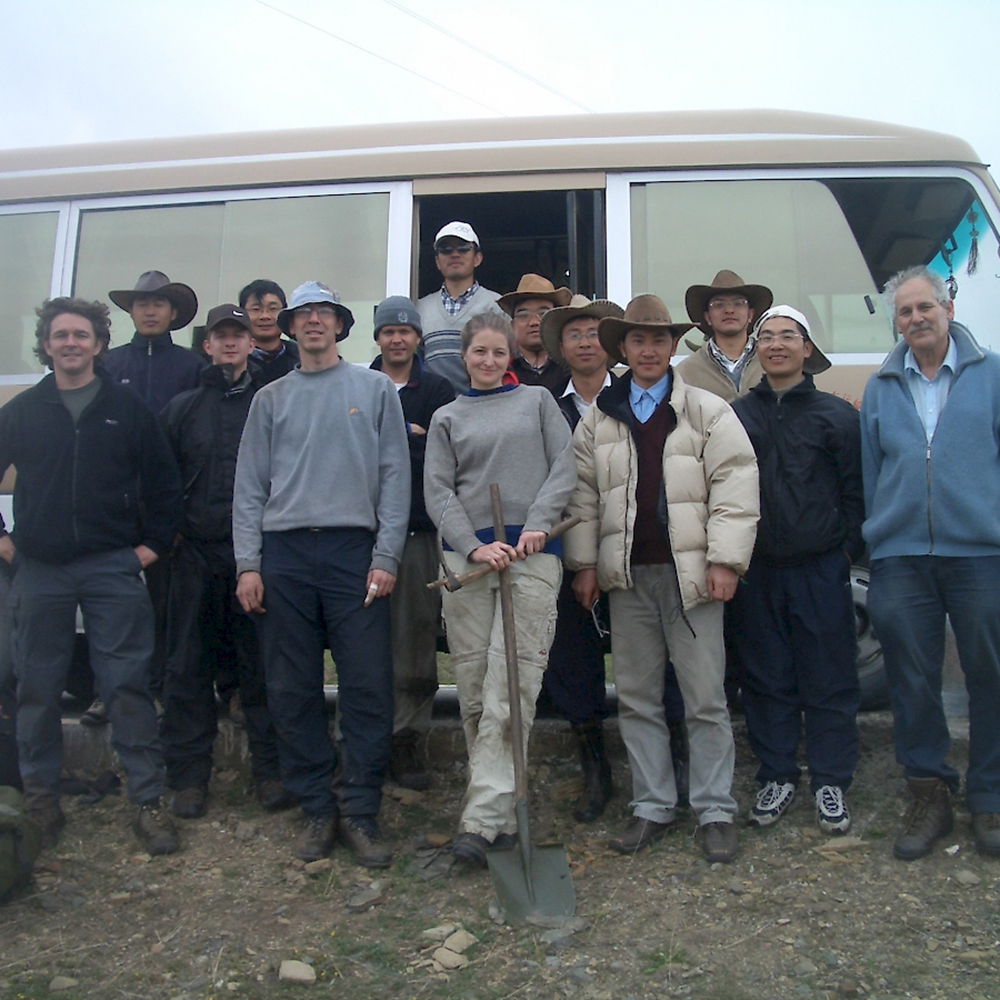
Outnumbered and Surrounded: Women Working in Male Dominated Research Fields
What challenges do women in male dominated research areas face and what can we all do to increase the presence of women and other minorities in these fields?
15 January 2019

What's next for the 'Lost Generation' of academics?
The 'lost generation' refers to mid-career researchers that, after completing many temporary positions, find themselves largely excluded from research careers. How do we address this growing issue?
29 October 2018

Towards a sustainable transport system
Transport accounts for a quarter of global carbon dioxide emissions and remains one of few sectors where emissions are still growing. A key challenge is determining the relative importance of pursuing a technological or a sociological solution: should we change transportation or the behaviour of people?
15 October 2018

Opinion
Promoting women in science in Latin America and the Caribbean
If Maria Emilia is a Latin American scientist, half of her colleagues are probably also women, but her chance of being admitted to the National Academy or National Agency is much lower than for her male colleagues. What are the main challanges women in science face in Latin America and the Caribbean? And what policies would (or should) support them?
1 October 2018

Opinion
Gene therapy
50 years after it was first proposed, gene therapy - the modification of DNA to treat disease - has gone from science fiction to clinical reality. However, as prices for gene therapies are released, widespread sticker-shock is raising questions about affordability and fair pricing.
20 July 2018

An Evolutionary Arms Race
Around 700,000 lives are lost worldwide due to antimicrobial-resistant infections every year. Without viable antibiotic treatment options we are likely to return to a relative dark age of medicine – a time when common infections or injuries could kill, and common surgeries and immunosuppressive therapies may become unfeasible.
10 June 2017

Opinion
A Gaming Revolution for International Development
There are more than one billion people living under $1.25 a day and almost the same number playing at least one hour of video games worldwide. So, how can the popularity of games be harnessed for positive social change?
21 March 2017
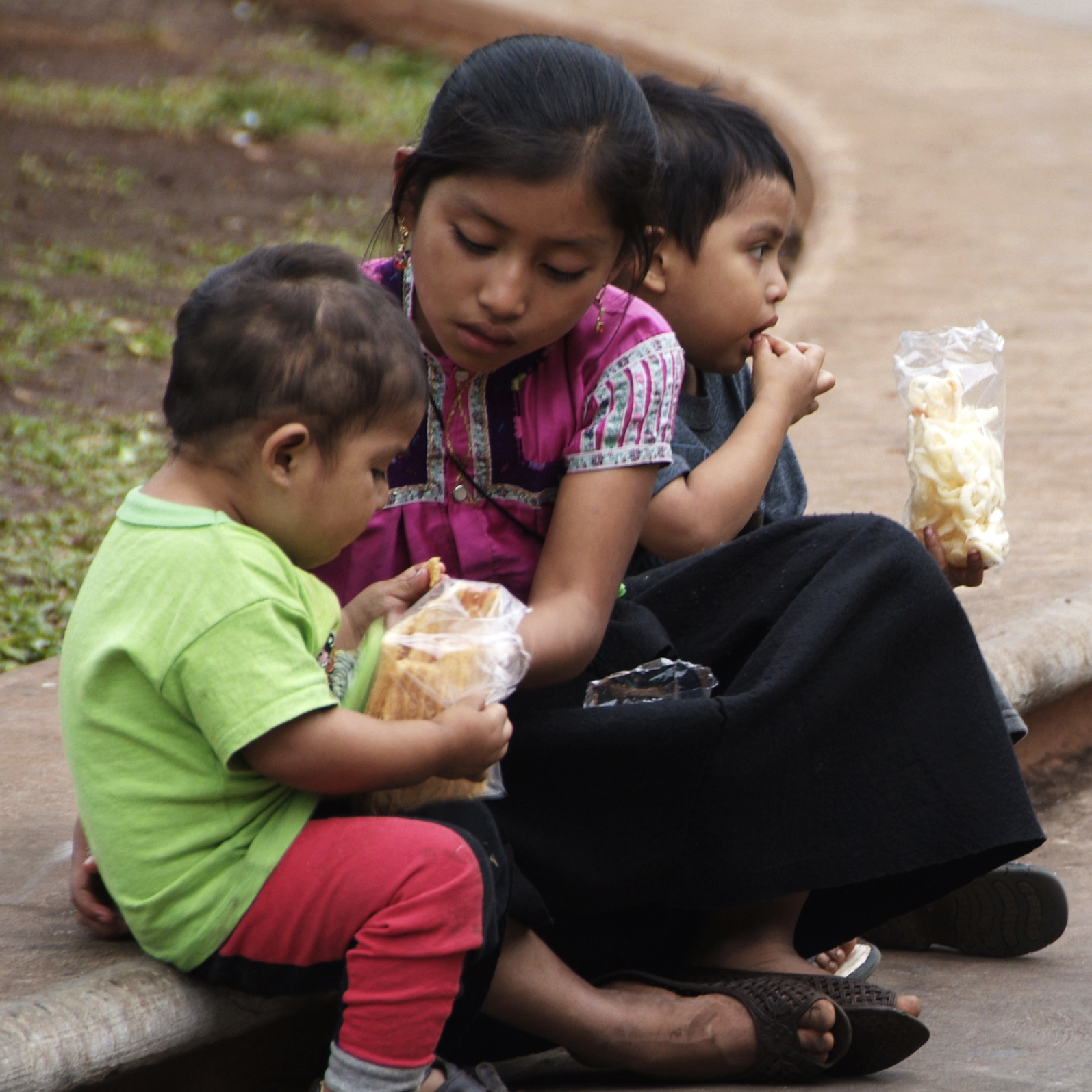
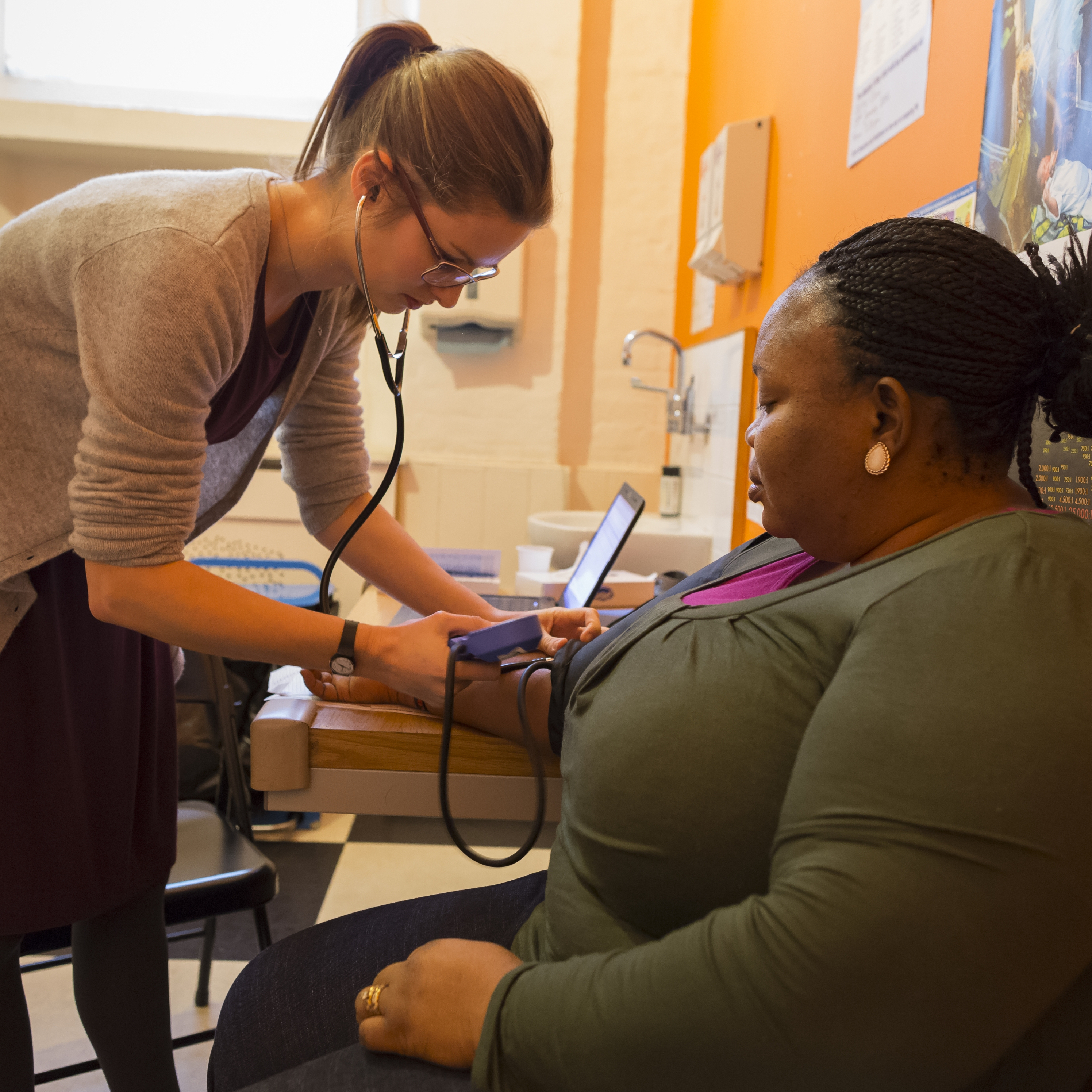
Moving the borders into healthcare
A political drive in the UK is leading to undermining of access to primary and emergency care for many vulnerable groups despite evidence of potential harm to individual and public health. Bringing little if any economic benefit, the policy to introduce charges for primary care and A&E for visitors and migrants is progressing at pace while critics of the policy are side-lined.
11 October 2016
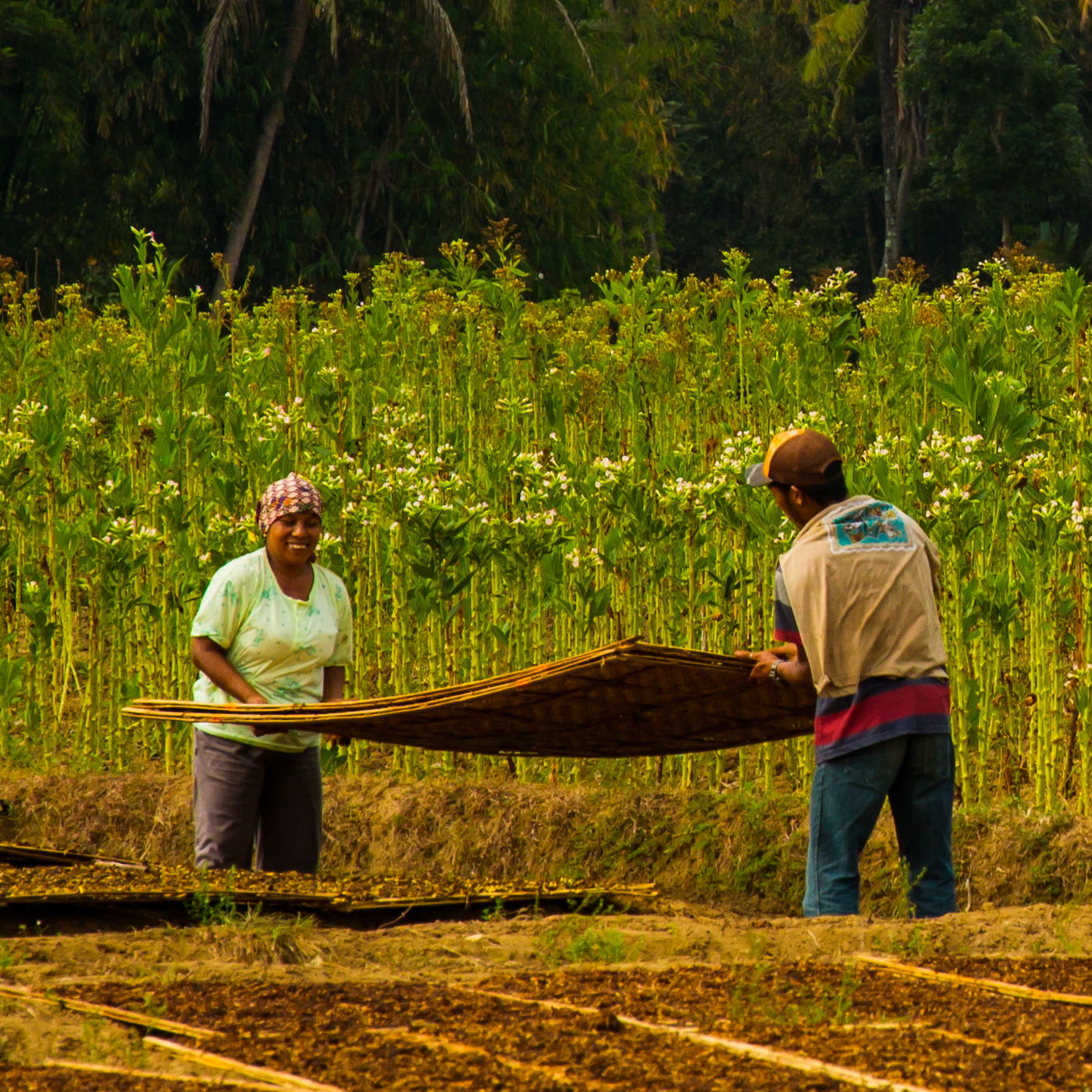
Does research guide tobacco control policy in Europe?
Despite the enforcement of the revised Tobacco Products Directive, aimed at tightening tobacco control policies throughout the EU, the orchestrated attempts of the tobacco industry to influence the outcome of the vote has raised concerns that research may have less importance in the shaping of public health policies.
3 October 2016

Opinion
The Digital Revolution: Why do you Google?
While we seem to be enchanted by the idea, there really is no such thing as an unbiased search result.
14 May 2016

Are Pro-Government Political Militias Evidence of a Strong State?
The growth of pro-government political militias and unidentified armed groups has traditionally been associated with weak state capacity however, new research suggests this may be a method of institutional management and can be seen as evidence of a strong state rather than a fragile one.
13 March 2016
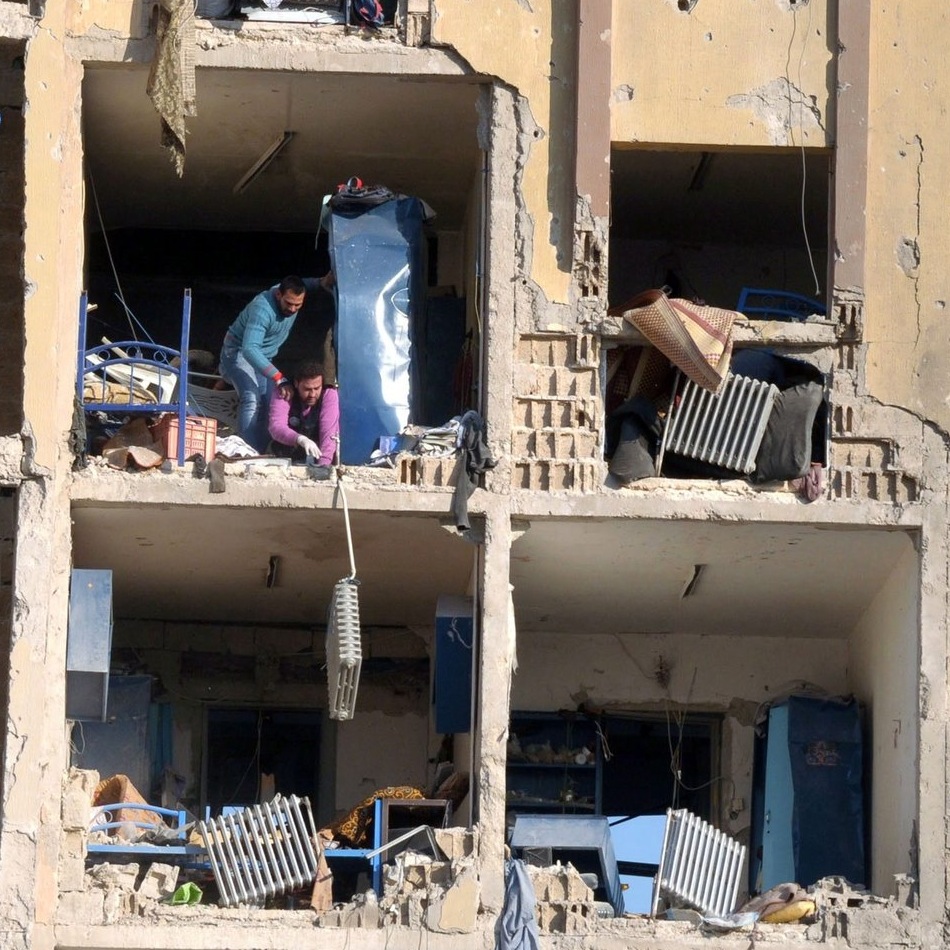
Opinion
Providing Safe Havens for Academics at Risk
"Where higher education is destroyed and a country’s academics and scientists are killed or scattered, its intellectual capital will be lost and its devastated society will be much harder to re-build".
17 February 2016

Measuring Global Success
Much debate surrounds the choice of indicator used to determine economic performance and stage of development for governments, businesses and citizens.
24 January 2016
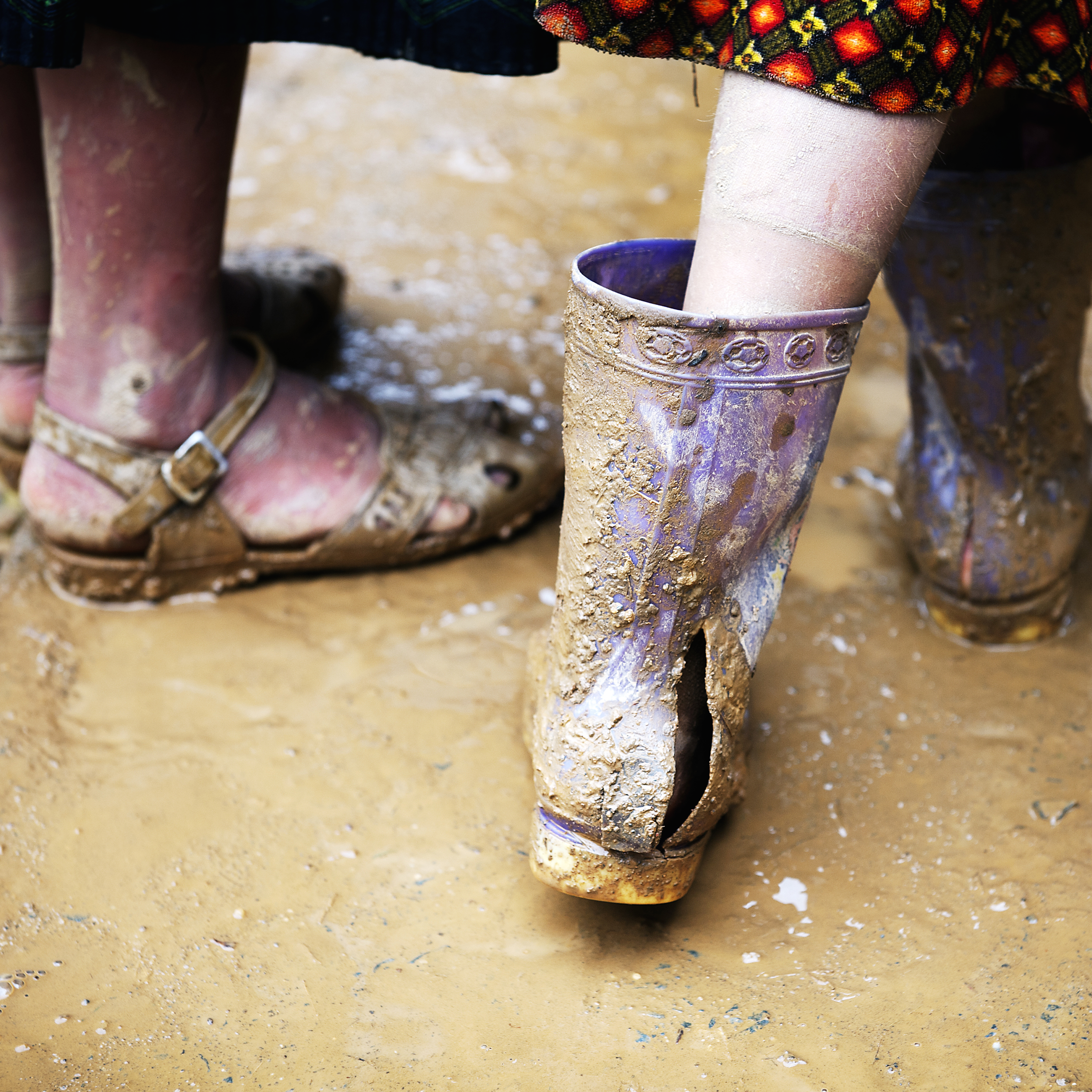
Behavioural insights in the age of austerity
The science of behavioural insights is increasingly seen as an essential component of the toolkit of the savvy policy-maker. However, advances in economic, social, cultural, and evolutionary psychology remind us to keep society, as well as the individual, in focus when looking for the root causes of social problems
17 December 2015
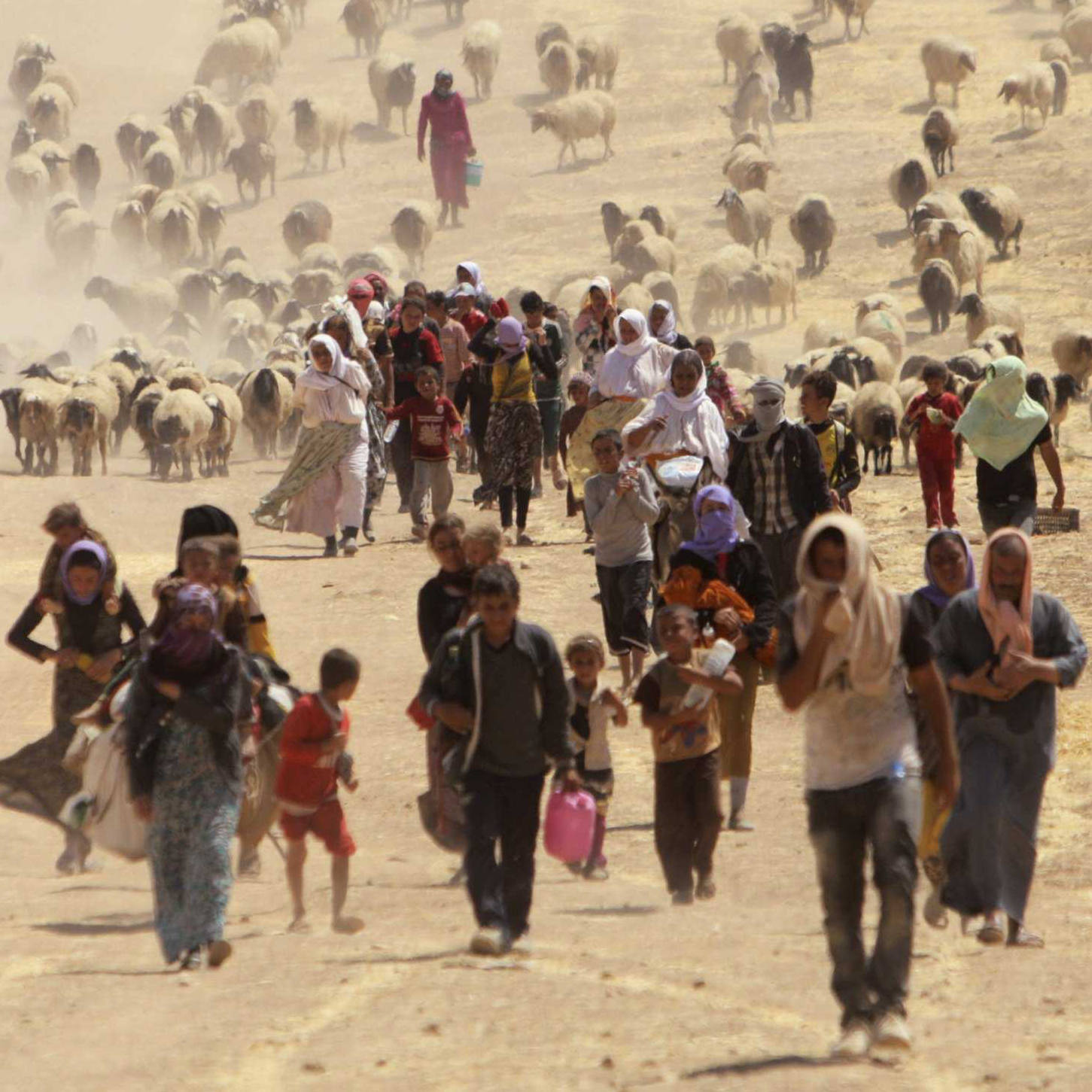
Fragile States
The greatest migration since World War II is under way as refugees flow from Syria to both surrounding countries and Europe. Here we examine the role of climate change with regard to state fragility and migration, and propose three guiding principals for governments to follow when faced with complex and uncertain climate-related threats.
24 November 2015
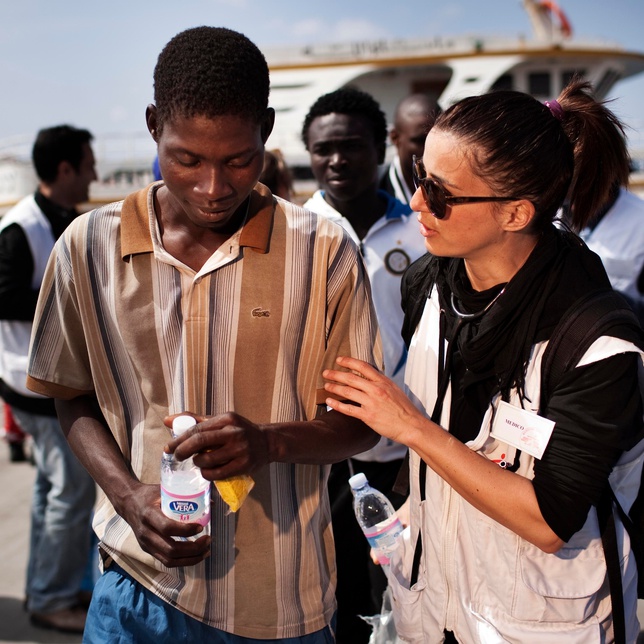
Climate Change, Health, and Migration
In 2003, one million people fled Beijing during a SARS outbreak. In 2009, tens of thousands fled Zimbabwe during an outbreak of cholera. Anna Brach and Khalid Koser discuss how health crises arising from climate change are a significant driver of mass migration.
20 October 2015

Is Guilt a Good Motivator for Pro-social Behaviour?
Automatic enrolment to pro-social programmes is popular but unlikely to always be the optimal policy. New behavioural economics research suggests that whether a policy breeds guilt or resentment helps determine if it will be effective or not.
9 October 2015
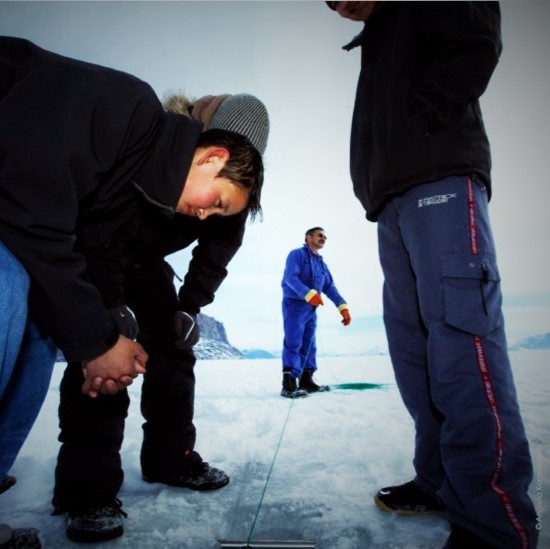
Living above the Arctic Circle
Climate change affects everyone. For Arctic communities, the unpredictable nature of the changes is having a profound impact on health and entire livelihoods. The Arctic people know they’ll need to adapt to a rapidly changing landscape, one in which dependency on the seasons can no longer be relied upon.
30 September 2015
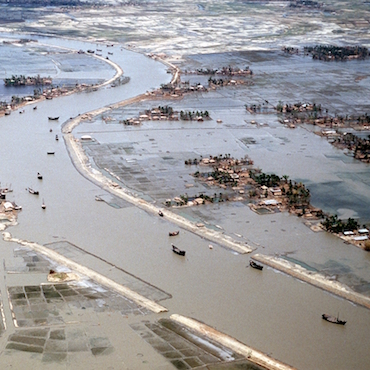
The debt humanity owes the environment
The large extent of our debt with Nature is likely to have important repercussions on our health, including unforeseen impacts such as a rise in hypertension due to increased salinity of rivers and seas. Can synergies or 'co-benefits' arising from efforts to tackle climate change issues such as energy use and transportation also mitigate some of it's health effects?
22 September 2015

Global Risk: the Wildfire in the Commons
What distinguishes many of today's problems from those faced by former generations? The interconnected nature of global issues like emerging bio-technologies and climate change raises the possibility of 'wildfire risks', where the actions of one can have a great impact on many.
24 June 2015
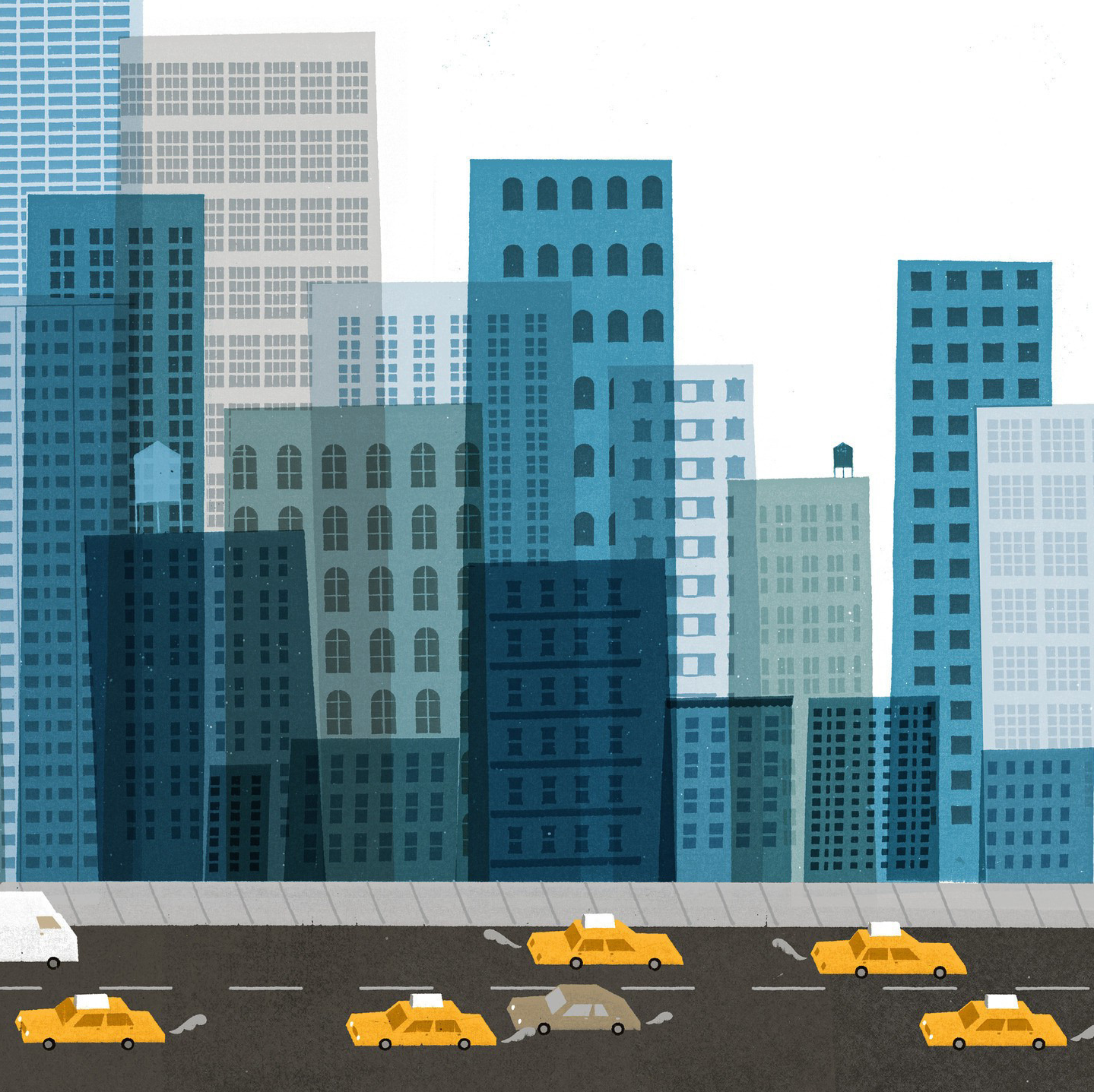
Bigger, Denser, Faster
While cities exist in a mesmerizing diversity of size and form, it is possible to detect subtle patterns that are common to all cities in the form of both increasing returns to scale and economies of scale. Driving these dynamics, what matters for a city is a high density of social connections over time and space, facilitated by built-up space and everyday mobility patterns.
23 June 2015
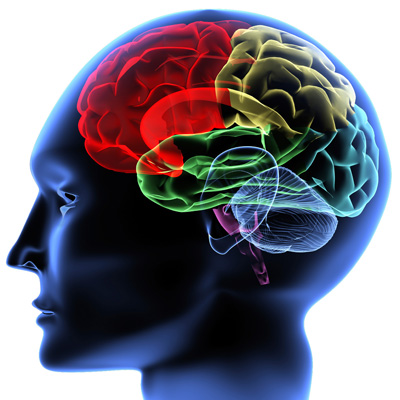
Imagine a future dominated by brain emulation robots
History took us from the age of foraging to the age of farming, will brain emulation technology now take us from the industrial era to the age of the "em" economy?
22 June 2015

The Statistical Laws behind Cities
The intersection of two unexpected fields, physics and urban studies, suggests that what defines humanity is hidden in abstract mathematical probability distributions that we use to describe cities.
22 June 2015
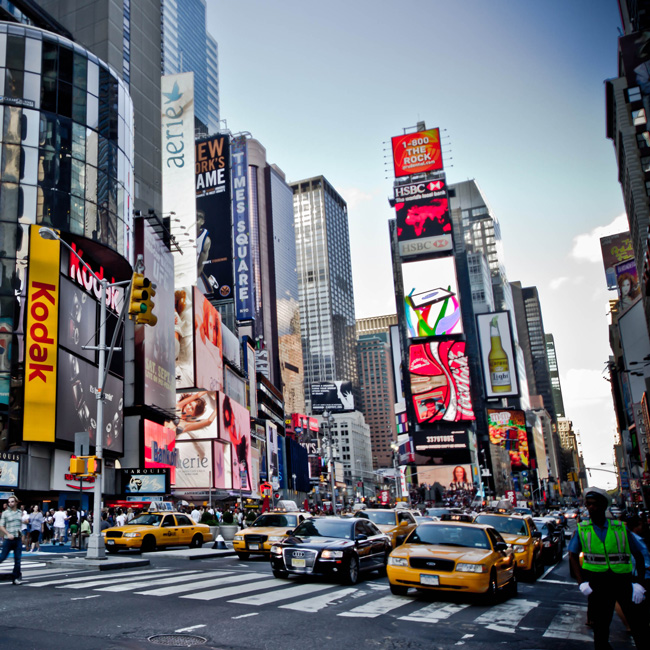
The City and the Triumph of Diversity
Why do urban centres thrive despite serious social problems such as crime and pollution? Cities represent the triumph of diversity over uniformity, bringing together many complementary skills and inputs to foster complex economic activities.
22 June 2015
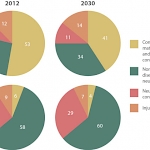
Global Mental Health
For global health to truly deliver the overarching aim of health equality for all, it must overcome the artificial dualism separating mental from physical illness
1 May 2012

Lighting up Lives with Energy Efficient Lighting
New Light Emitting Diode (LED) technology could potentially achieve a reduction of 15% in total electricity consumption in developed countries
1 May 2012
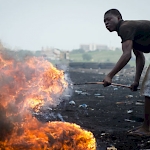
Opinion
Accra Invaded
High rates of urbanisation and population growth has led to housing and infrastructural incapacity in Ghana, threatening the country's economic success story.
1 January 2012






